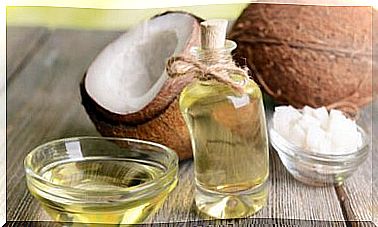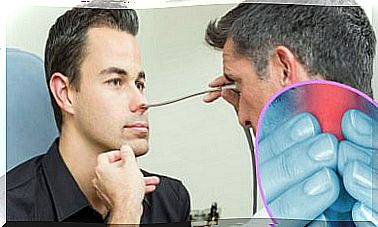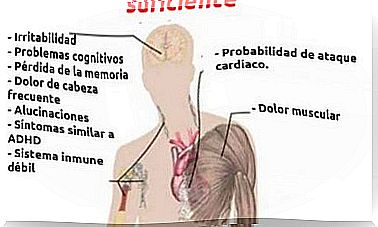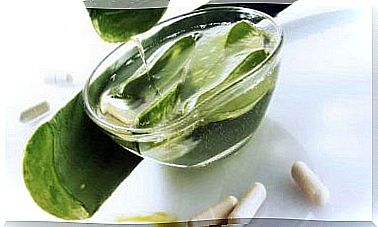Nail Biting Damages The Health Of The Teeth
The habit of biting nails not only damages them, but can have repercussions at other levels and even affect us internally

When consulting about the habit of biting nails, many consider it to be a very unpleasant aesthetic problem.
What most do not know is that this encompasses a disorder that must be paid close attention, since in many cases it continues into adulthood and leads to infections, mental conditions and, in the worst case, dental damage.
It is estimated that 45% of children practice it, although the figure decreases as the years go by; upon reaching adulthood it drops to only 10%.
In medical terms, nail biting is known as onychophagia and is classified as a disorder of nervous origin that is often associated with anxiety, depression and distress.
Data from an analysis from the Max Peralta Hospital in Cartago (Costa Rica) found that, when biting the nails, germs such as Sta phylococcus and Candida travel to the mouth and cause various types of infections.
On the other hand, an investigation of the Medical University of Wroclaw (Poland) concluded that those who saw their fingernails tended to have a poorer quality of life.
What most worries many health experts is that a large part of those affected are not aware of the practice of this habit and until they perceive pain or other discomfort they do not act on it.
What are the worst consequences of nail biting?
What harm does biting your nails do?

Of course the most affected are the nails. These usually have alterations in their anatomy, and end up becoming wider and shorter.
The deformity that they develop is often mistaken for one of the symptoms of psoriatic arthritis, which makes medical diagnosis difficult.
In general, damage to the structure of the nail is accompanied by small injuries around the nail, which increase the risk of developing infections.
Cuticle injuries
The cuticle is a thin skin that plays a protective role on the nails, preventing trauma or infection caused by various types of microorganisms.
The importance of caring for it and providing it with nutrition has long been recognized, as having it too weak, or not having it, leads to various bacterial, viral or fungal conditions.
Patients with onychophagia usually damage this important part that surrounds their nails, which is why they tend to have more diseases in these.
The worst of all is that in many cases the injuries are irreversible and are the cause of the deformity that they acquire.
Finger injuries

When this disorder is not controlled in time, the person can injure the nail bed of the nail, that is, that soft tissue that is located below them and that plays a fundamental role in their growth.
In severe cases, it causes subungual hemorrhages that lead to the total loss of the nail, although it always grows back.
The fingers are also compromised, as they tend to develop infections due to their contact with different microorganisms.
If the attack is by bacteria, it is common to produce blisters with pus or yellowish liquid with a bad smell; if it is due to viruses, unsightly warts will form. In addition, they can also get herpes and fungi.
Intestinal infections
Constant nail biting has been classified as one of the causes of intestinal parasite infections.
This disorder most often affects children, although several cases have also been identified in adults with this bad habit.
The eggs of these are not visible and sometimes they can be under the nails. When biting them, they reach the digestive system where they find an appropriate environment to grow.
Tooth decay

The wear of the teeth is a consequence that is alerting dentists and specialists. A strong relationship has been found between the habit of biting the nails and the deterioration of the upper and lower incisors.
According to experts, there is a high probability of suffering microtrauma that detaches the tooth enamel, which weakens the teeth.
It also causes crowding of the teeth due to the pressure exerted on the teeth by the constant biting and rubbing with the fingers.
Jaw problems
An investigation that was carried out in India with the participation of 240 adolescents determined that there is a relationship between the habit of nibbling the nails and the affections in the jaw.
This leads to pain and difficulty chewing food.
The main drawback is that the jaw is subjected to a forced position that can cause alterations in the temporomandibular joint, and in turn cause noise and pain when biting.
Bad breath
The proliferation of bacteria that occurs in the mouth due to this habit is also one of the causes of halitosis.
As pathogens reach a place with the right conditions to grow without measure, it is easier to develop oral infections.
In conclusion, those who identify with this bad habit must be aware of the consequences beyond the aesthetic.
Although it is undeniable that it is very difficult to give up, there are several alternatives that can help you overcome it to avoid more serious disorders.









